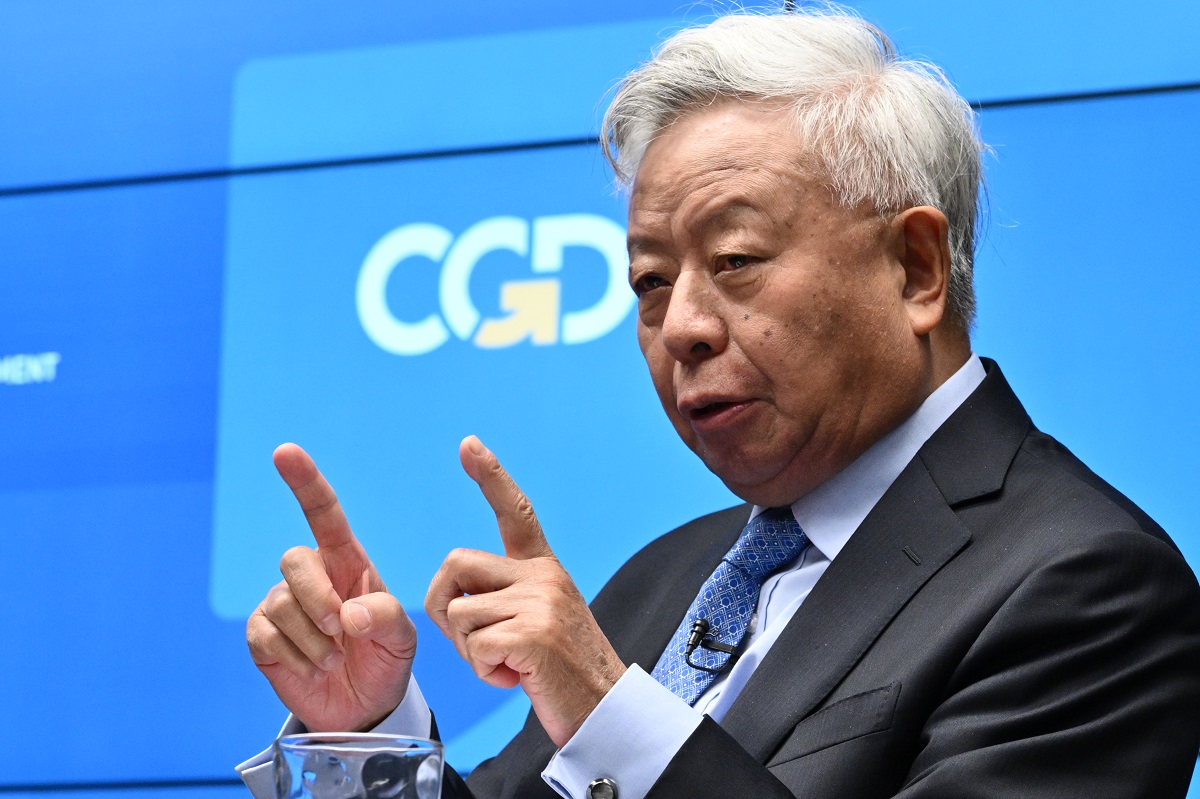The following blog post is excerpted from an op-ed by Cindy Huang originally published in Devex.
This week, at the World Bank Annual Meetings and G-20 meeting of finance ministers and central bank governors, global leaders must address the Rohingya refugee crisis head on by condemning Myanmar—whose regime has burned villages to the ground and brutally murdered children in what a UN official called a “textbook case of ethnic cleansing”—and by committing substantial aid to Bangladesh, one of the poorest 50 countries in the world that now hosts more than 819,000 Rohingya refugees.
On September 28, UN Secretary-General António Guterres said that this horrific campaign of violence has "spiraled into the world's fastest-developing refugee emergency, a humanitarian and human rights nightmare." Two weeks later, the nightmare continues. The international community must put intensified pressure on Myanmar to halt these atrocities, which should include a sobering reevaluation of lending by the World Bank to Myanmar’s government.
Given the rate and scale of the unfolding crisis, which is the swiftest outflow of refugees since the Rwandan genocide, the international community is rightly focused on emergency humanitarian measures. But it is also imperative for international actors to move quickly to develop complementary solutions that can improve the situation both now and in the longer-term. Here are three key elements of such a package for Bangladesh:
1. We need to offer immediate aid and assistance.
The international community should immediately offer a bold package of assistance to meet the needs of both refugees and host communities in Bangladesh. The UN estimates that the crisis requires $434 million over the next six months. Even if the international community commits this amount, it still won’t be enough to fully meet the challenge. The government of Bangladesh is already struggling to provide basic necessities such as food and clean water to communities where refugees are now settling. Even before the recent influx, tensions were rising between locals and Rohingya refugees over scarce resources and job opportunities. International support can’t just focus on refugees, it must also help materially improve the standard of living for host communities.
In response to the Syrian refugee crisis, donors including the World Bank and the European Bank for Reconstruction and Development offered Jordan and Lebanon, which host more than 1.6 million registered refugees, significant resources to meet the needs of both refugees and citizens. This has created the possibility of a win-win solution for both groups and has been good politics for the host countries’ governments. This type of compact—an agreement that includes policy changes to expand refugee rights and programs to improve the well-being of refugees and hosts—offers benefits for everyone. Bangladesh’s Prime Minister Sheikh Hasina must respond to demands to deliver for her constituents first and foremost, and a compact of this kind can generate domestic support for recognizing, hosting, and supporting refugees now and in the longer term.
2. We need to offer more than aid as part of refugee compacts.
The international community should consider new policies and programs that will help the people of Bangladesh and Rohingya succeed, including reducing trade barriers and opening new markets for Bangladeshi companies, providing technical assistance to help the government tackle difficult economic issues, and facilitating private sector investment that will help Bangladesh make critical economic reforms that pay dividends in the long term. One of the breakthrough elements of the Jordan compact was the offer of European Union trade concessions for companies employing Syrian refugees. The details aren’t easy to get right, but if the international community wants to make a real difference in the future of Bangladesh, it needs to look at policies that enable sustainable gains.
3. We need to plan for this crisis to endure.
The reality is that there is little prospect that the Rohingya refugees will be able to return home any time soon. The world’s refugees have been displaced for an average of 10 years, and for those displaced more than five years, that average climbs to over 21 years. While the international community presses for an end to the terrible violence in Myanmar, they must also work with the government of Bangladesh on solutions that will address needs now and in the long haul. The international community has an opportunity to improve the situation in Bangladesh—not just for the Rohingya refugees, but for Bangladeshis as well.
And even though this crisis may seem like it’s thousands of miles away from capitals in Europe and North America, the situation hits close to home for leaders who are facing pressure to reduce refugee resettlement in their own countries. They can relate to the political challenges that Prime Minister Hasina is facing, and should appreciate that they don’t face the other economic and development challenges she is tackling at the same time.
At a recent CGD event, Eric Schwartz, president of Refugees International, recounted a question he posed to senior State Department officials:
Ten years from now, if your kids are studying about the elimination of a people from Western Burma and they ask what you did when you were in the government to prevent that disaster, what will you be prepared to say to them?
As the disaster unfolds, we must continue to ask: what will the international community do to respond to one of the great tragedies of our time? One critical component should be a bold package of support that meets the needs of Rohingya refugees and their Bangladeshi hosts.
Disclaimer
CGD blog posts reflect the views of the authors, drawing on prior research and experience in their areas of expertise. CGD is a nonpartisan, independent organization and does not take institutional positions.
Image credit for social media/web: Social media image by Tommy Trenchard/Caritas/CAFOD




